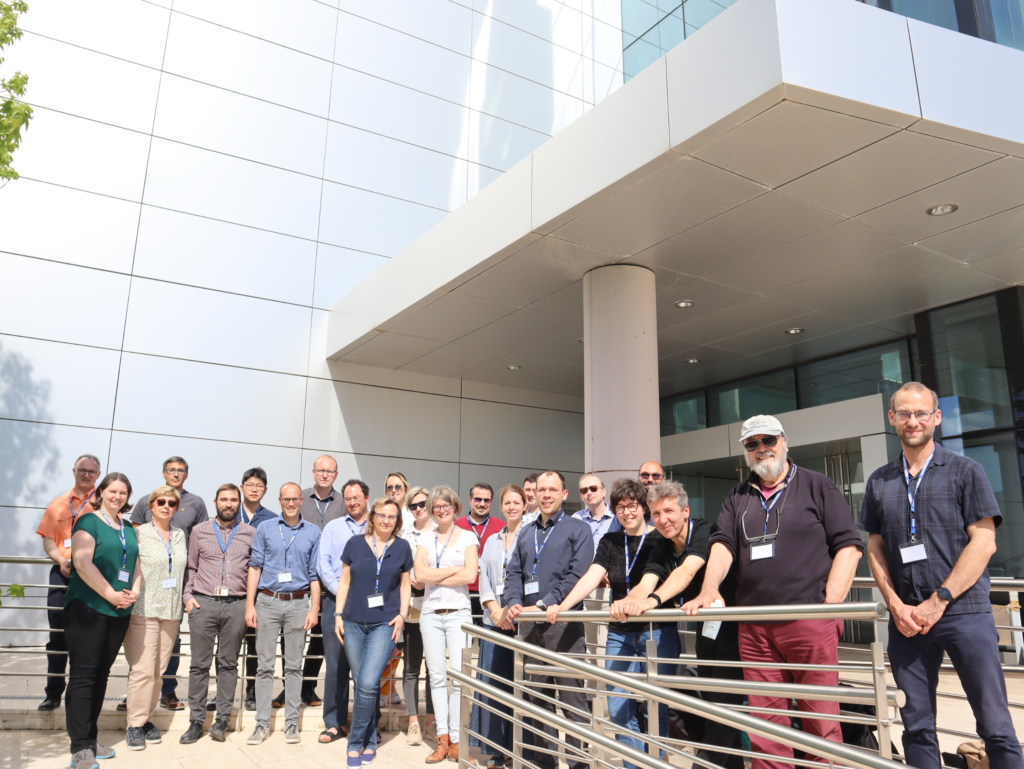An interdisciplinary research network of more than 77 organisations and research centres from 24 countries has set out to make significant progress in the testing, simulation and characterisation of materials at the nano-scale.
Doing so will facilitate the development of new materials with improved performance and durability to meet today’s most pressing environmental and industrial challenges.
That is the goal of the recently-formed European Network for the Mechanics of Matter at the Nano-Scale (MecaNano).
Funded under the Horizon Europe programme as a European Cooperation in Science & Technology (COST) action, MecaNano recently celebrated its first General Meeting at IMDEA Materials Institute in Madrid, Spain.
The event brought together stakeholders from the network’s participating countries to discuss recent scientific progress in nanoscale mechanical behaviour and to plan future actions.
By combining the expertise of its participants, from experimentalists to simulation, data management and machine learning experts, MecaNano aims to overcome the different bottlenecks limiting the exploration of mechanical size effects.

The meeting was one example of the numerous opportunities to interact and collaborate, e.g. through dedicated workshops, symposia and summer schools, or by funding mobility between participants, that MecoNano provides.
The topics covered by speakers throughout the event focused on mechanical size effects and nanoscale deformation mechanisms, as well as experimental and simulation research.
“This week´s General Meeting provided an opportunity to generate knowledge at the nanoscale, where all properties originate, and using it to develop the next generation of stronger, more durable and more environmentally friendly materials,” said IMDEA Materials Institute Deputy Director, Prof. Jon Molina.
“It was also wonderful to have so many leading researchers and research institutions in the field of nano-scale materials characerisation and testing under one roof,” he added.
Prof. Molina was a co-organiser of the event alongside network leaders, Prof. Benoit Merle, Prof. Marc Legros and Dr. Marie-Stephane Colla.
Find out more about the MecaNano network and become a participant, here: www.mecanano.com. You can also follow the project on Twitter @COST_MecaNano.
